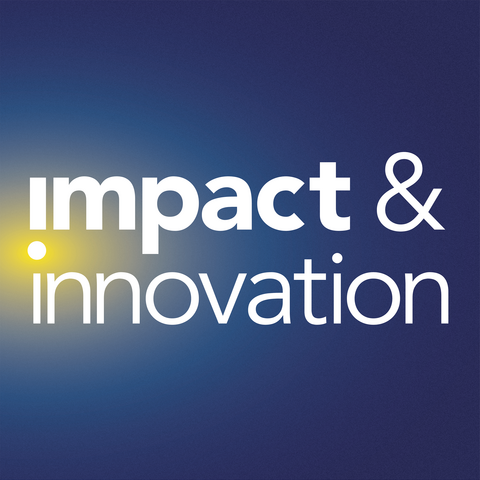Social Entrepreneurship
What Happens When Unions Bargain for Social Justice?
In a new study, Yale SOM’s James Baron and Daniel Julius examine the wave of unionization in museums, where workers often bring social-justice concerns to the bargaining table.

Can profits and a social mission co-exist?
Professor Rodrigo Canales discusses his research into the trade-offs inherent in social enterprises and argues that people interested in the field should pay closer attention to the challenges of achieving both social good and market success.

Electricity Expansion Produces Large Development Gains in Brazil
Gaining access to electricity leads to larger improvements in income and education than previously estimated, according to new research by Professor Ahmed Mushfiq Mobarak.
Where do small NGOs fit on the global development stage?
Development organizations find themselves in fierce competition for funding. How can small nonprofits differentiate themselves so their capabilities aren't overlooked among the giants? We talked with one expert who has been delivering global health to underserved populations for decades.
What do revolutions and elections mean for business?
Discussion at the Yale CEO Caucus focused on global hot spots and their likely effects on the business environment in the next year.
How will healthcare reform change the economy?
The highly contentious healthcare reform act passed in 2010 is being implemented over the next several years. Businesses, ranging from mom-and-pop operations to global corporations, are struggling to understand how it will affect them. Two healthcare experts with direct experience of policymaking and business decision making discuss what’s ahead.
Have you paid a bribe?
Corruption gums up the workings of a market economy—making legal activity less efficient, degrading the quality of institutions, and disadvantaging those who would behave ethically. A website in India aims to use the tools of social networking to start the wheels of positive change.
What's the business case for diversity?
A range of often subtle biases around gender roles pervade the workplace. SOM's Victoria Brescoll discusses the impact these biases have on women and men, successful approaches to inclusivity, and the business case for making changes.
Can solar bring power to India’s rural poor?
Harish Hande is the founder of SELCO, a social enterprise established in 1995. The company provides sustainable energy solutions and services to under-served households and businesses in rural parts of Karnataka and Gujarat. Can this "open-source organization" provide a model for powering economic development without devastating the environment?
Do we need more ecological intelligence?
Daniel Goleman, the author of the bestselling Emotional Intelligence, says that the growing field of industrial ecology can give us simple ways to evaluate the relative environmental impacts of consumer products
Can the planet handle nine billion people?
Relentless population and economic growth is pressuring the systems that support human life. The head of a leading environmental advocacy organization talks about balancing ideals, such as the conservation of natural treasures, with the pragmatic steps and alliances necessary to get the planet on a sustainable path.
